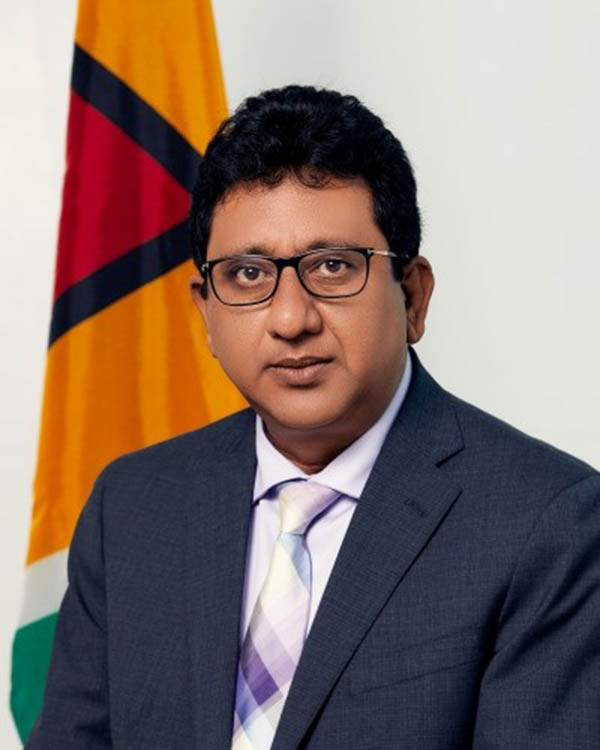Advancing that it augurs well for accountability in public spending, Attorney General (AG) Anil Nandlall SC has defended passage of the motion tabled by the government side of the National Assembly, which now requires five, as opposed to three persons to form a quorum for the holding of a Public Accounts Committee (PAC) meeting.
Underscoring the new requirement which now allows for two government members along with the existing two opposition members and the retention of the Chairman of the Committee who is drawn from the opposition, Nandlall argued that the amended composition creates greater balance.
The AG was at the time responding to opposition criticisms leveled against the amendment on his weekly Tuesday night live Facebook programme “Issues in the News,” where he rejected the parliamentary opposition’s position that the government would attempt to stymie the work of the Committee by boycotting and preventing a quorum for scrutiny of its own spending.
The motion was tabled last Wednesday by Governance and Parliamentary Affairs Minister Gail Teixeira, to amend Section 95 (6) of the Standing Orders which speaks to the quorum of the PAC.
Despite strong objections from the Opposition side of the House, it was, however passed late that evening with government using its majority.
At the conclusion of the arguments, the motion was put to the floor and voted on. Thirty-four members including Opposition member of the Liberty and Justice Party, Lenox Shuman, voted for the amendment while 29 members of the coalition Opposition voted against it. Two members were absent during the vote.
Noting that the Committee is a 9-member Committee—5 from the government and four from the Opposition—with the Chairman always being from the latter, Nandlall said the expectation is always that the Opposition will lead the scrutiny against the government.
Citing what he said was the rationale behind the amendment, the AG said that with the previous quorum for the Committee being only three, it was found that during consideration of the auditor general’s reports for the years 2016 and 2017 while the APNU+AFC coalition was in government, three opposition APNU+AFC members of the Committee could constitute a quorum and commence meetings without government’s representatives.
According to Nandlall, the opposition members would rush through accounts relating to the years that the APNU+AFC was in government.
“Now how is that good for accountability?” the AG asked.
Stating that he fails to see the logic or reasoning behind the push-back to the increase in the quorum, Nandlall vehemently argued that if anything, the increase allows for greater equity and parity.
A five-member Committee scrutinizing a document he submitted, would be better than a 3-member Committee as there would be more eyes, while at the same time catering for greater bipartisanship.
He further opined that it was an augmentation of accountability rather than an assault on accountability; while adding “you can’t have the three opposition members coming together to commit incest by rushing through the scrutiny of their years.”
Nandlall surmised that those calling for greater accountability should add to the argument that for the years being reviewed under the APNU+AFC’s governance, it is a representative from the incumbent PPP/C government that should be Chair.
That, he opined, was a sounder argument as opposed to the argument that an increase in the number results in less accountability.
He said, too, that by definition, a quorum is 50% plus 1 and reasoned that from a 9-member Committee, a 3-member quorum is not a representative proportion of the whole.
He said that the opposition is still in the majority in the quorum, while arguing that on the basis of the principles of natural justice, the government should have a presence, especially for the interrogation of its own spending.






